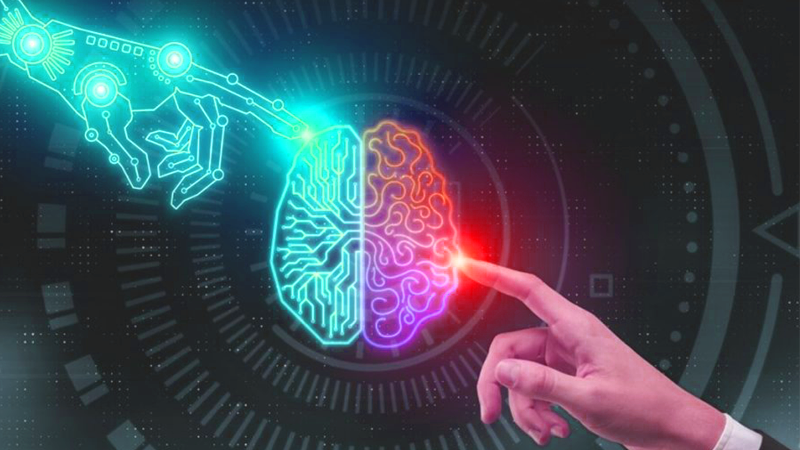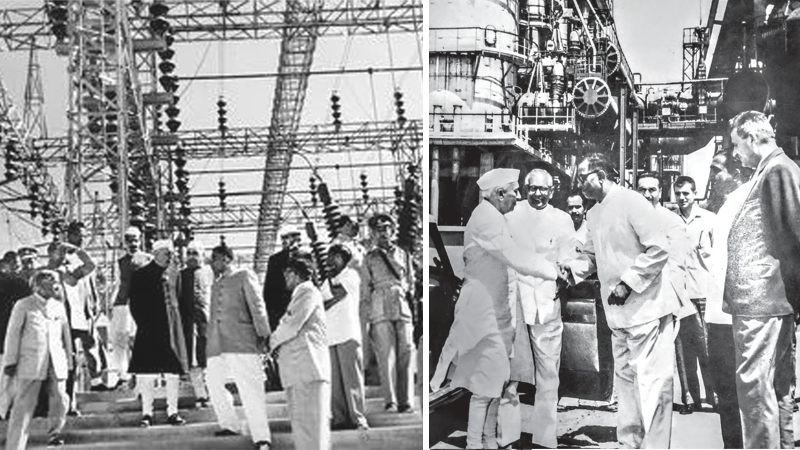Counting Castes, Counting Controversies: Supreme Court, the Census and the OBC Question
Editorial
Democracy and Dissent in the Age of Nationalism
Democracy and nationalism once shared the same heartbeat — the struggle for self-rule and dignity. But in the 21st century, the partnership has soured. Nationalism, once the moral force of freedom, is turning into its loudest threat. The new creed demands loyalty, not liberty; obedience, not opinion.
In India, this transformation is visible in every sphere — from Parliament to the press, classrooms to courtrooms. Elections remain frequent, but the space for dissent grows smaller. A citizen’s patriotism is judged not by integrity or action, but by conformity to the ruling mood. To question power is to be branded “anti-national.”
This is not patriotism; it is political insecurity dressed in tricolour. A confident nation does not silence its critics — it listens to them. Our founders, having wrested freedom from empire, built a republic on the audacity of dissent. They knew that democracy survives not by majoritarian cheer but by moral courage — the courage to disagree.
Across the world, the same trend unfolds. America, Europe, Turkey, and even Israel grapple with nationalism’s new grammar — one that glorifies the nation but shrinks the citizen. The internet, once a medium of liberation, has become a megaphone for mob opinion. Truth is no longer debated; it is declared.
Yet democracy cannot breathe in an atmosphere of fear. History teaches that republics rarely collapse by coups; they erode through quiet submission — one silence, one compromise, one intimidated voice at a time.
India’s greatness was never about uniformity, but unity in diversity — a pluralism born of argument and accommodation. If that spirit fades, democracy becomes hollow ritual.
Nationalism, if unrestrained, becomes arrogance. Democracy, when nourished by dissent, becomes wisdom. It is time to choose between the two — not as enemies, but as moral opposites.
To defend democracy today is not to reject the nation, but to rescue it from those who claim to own it. The true patriot is not the one who praises power but the one who preserves principle.
For India to remain truly free, dissent must not merely be tolerated — it must be celebrated.
A decade of dominance has delivered control, not cohesion.”
When India elected a strong central leadership in 2014, many saw it as the dawn of a new age—an end to indecision, corruption, and fractured coalitions. Yet a decade later, what began as a promise of renewal is increasingly revealing itself as a threat to India’s pluralistic spirit and democratic equilibrium. The post-2014 era has brought a visible shift in India’s political and social character. Governance has grown more centralized, and institutions once known for their autonomy—Parliament, media, and even the judiciary—seem subdued under the weight of executive dominance. Nationalism, once inclusive and unifying, has been narrowed into an identity project, where dissent is seen as disloyalty and criticism as conspiracy. Behind the rhetoric of “New India” lies an unsettling trend—the homogenization of a diverse civilization. The right-wing narrative of cultural supremacy seeks to rewrite India’s composite heritage, replacing dialogue with dogma and debate with devotion. This is not the assertion of national pride; it is the erosion of national character. A democracy that silences its minorities, curtails press freedom, and suppresses universities and civil society is not becoming stronger—it is becoming brittle. Economically, too, the centralization of power has yielded mixed outcomes. Welfare schemes have expanded reach, yet inequality has deepened. A handful of corporate groups dominate the economy while millions struggle for livelihood. Economic concentration mirrors political centralization—both enriching the few while diminishing the many. The greatest danger, however, is not political but psychological. The idea of India as a shared belonging—a space where differences coexist in dignity—is being steadily replaced by a hierarchy of faith, caste, and loyalty. Such a model may sustain electoral victories, but it cannot sustain a civilization that has thrived for millennia on diversity and dissent. India does not need uniformity to be united; it needs justice to be strong. The true strength of this nation has always lain in its capacity to argue, absorb, and evolve. If this capacity is weakened by ideological conformity, India may win the world’s admiration for its growth but lose its moral grandeur. History will judge the post-2014 transformation not by the monuments it builds or the slogans it coins, but by whether it preserved the idea of India itself.


 SAS Kirmani
SAS Kirmani















